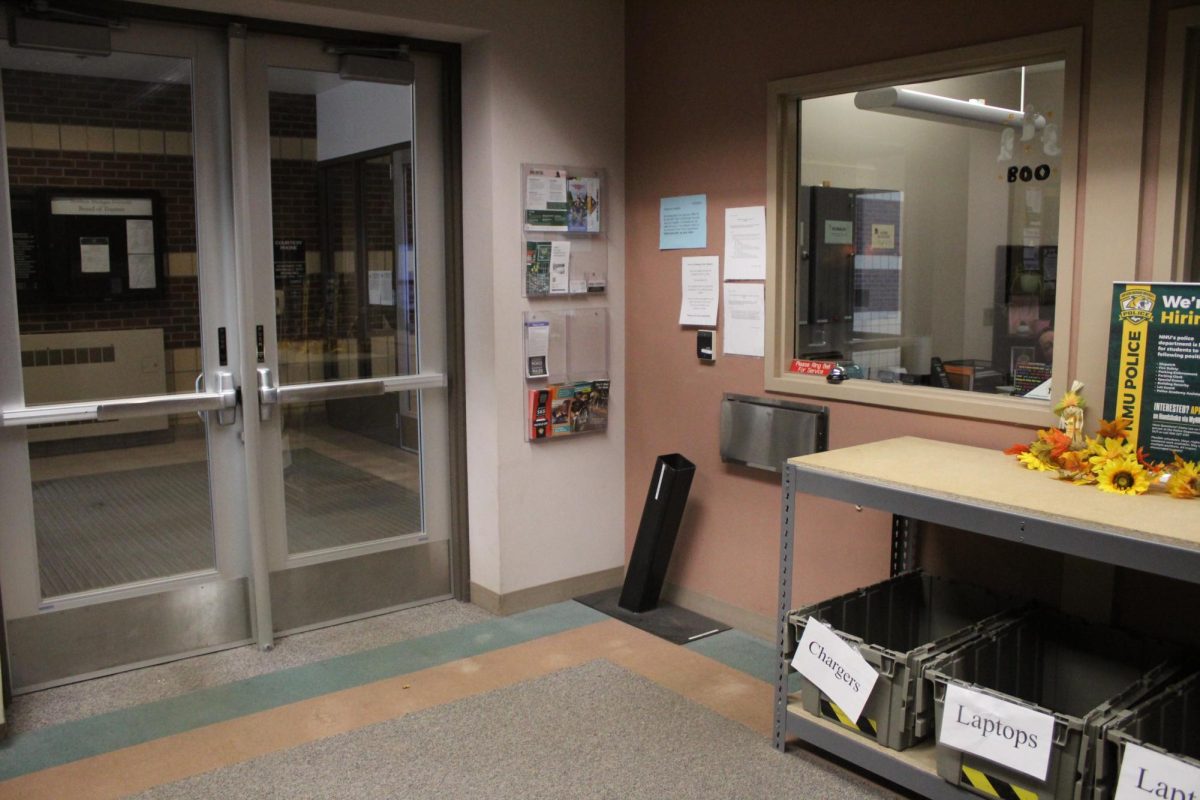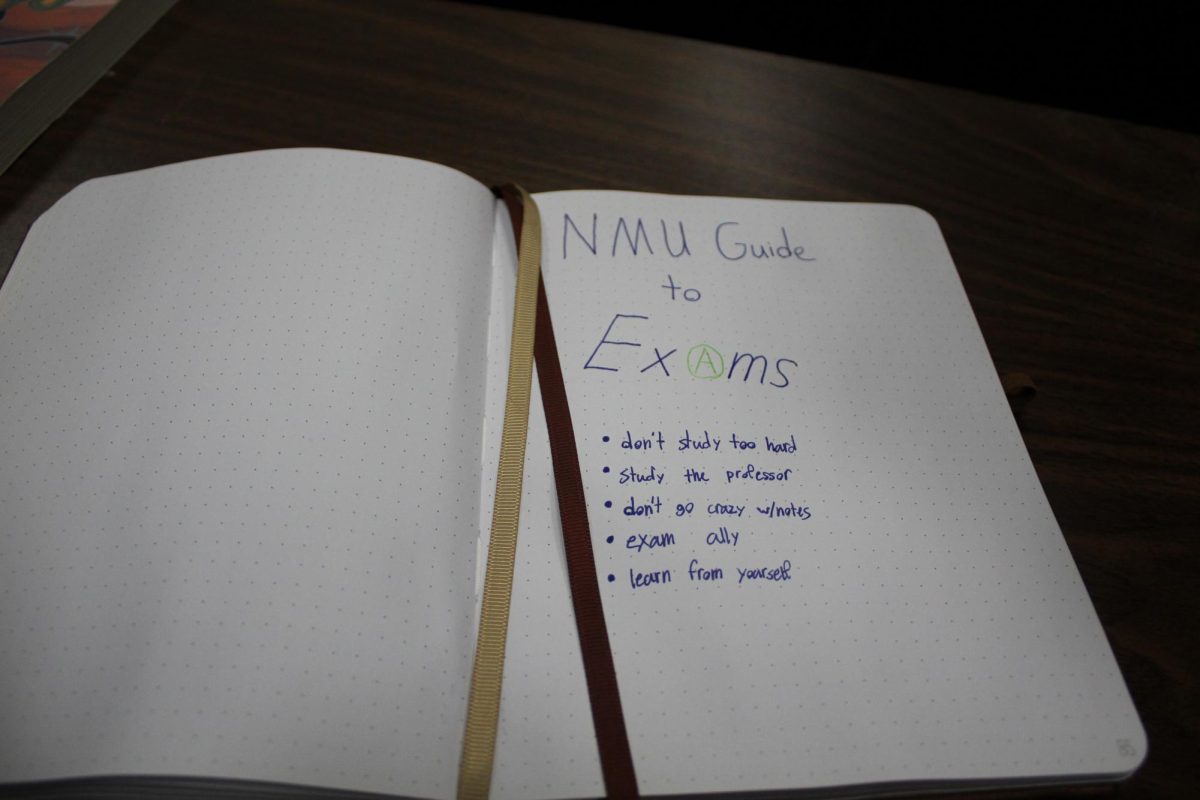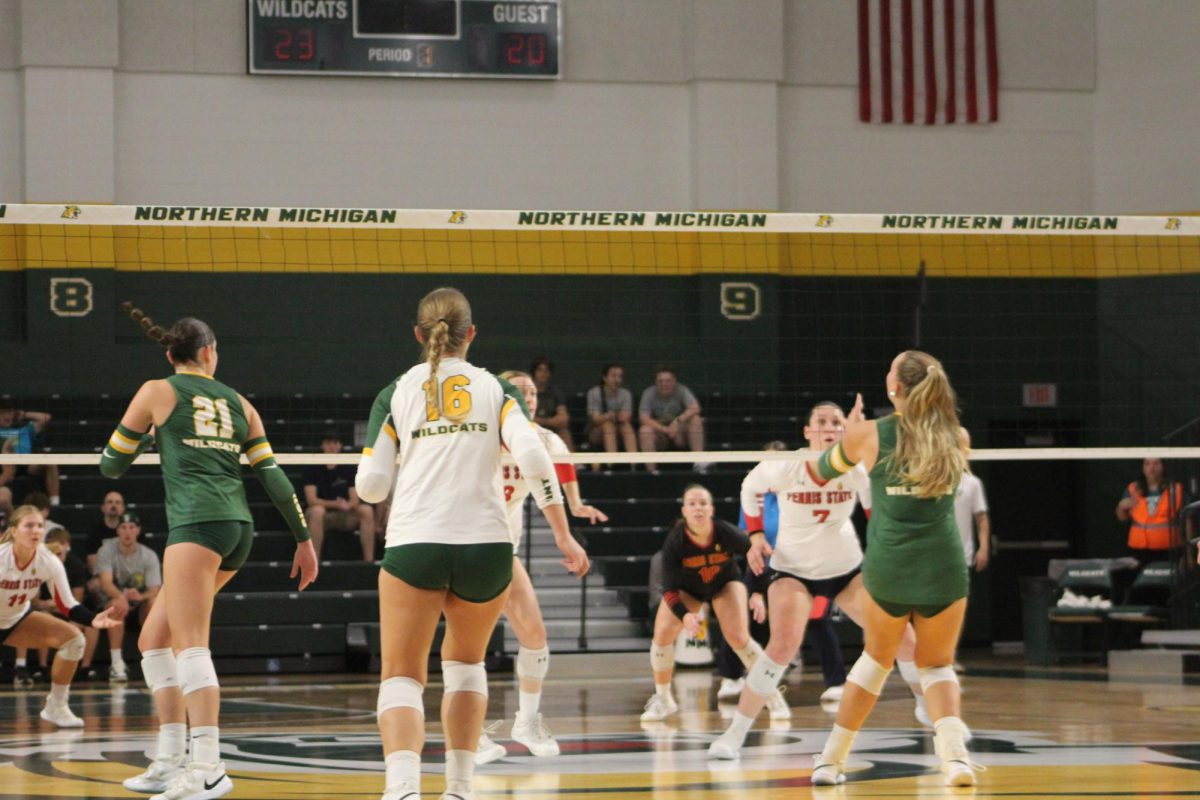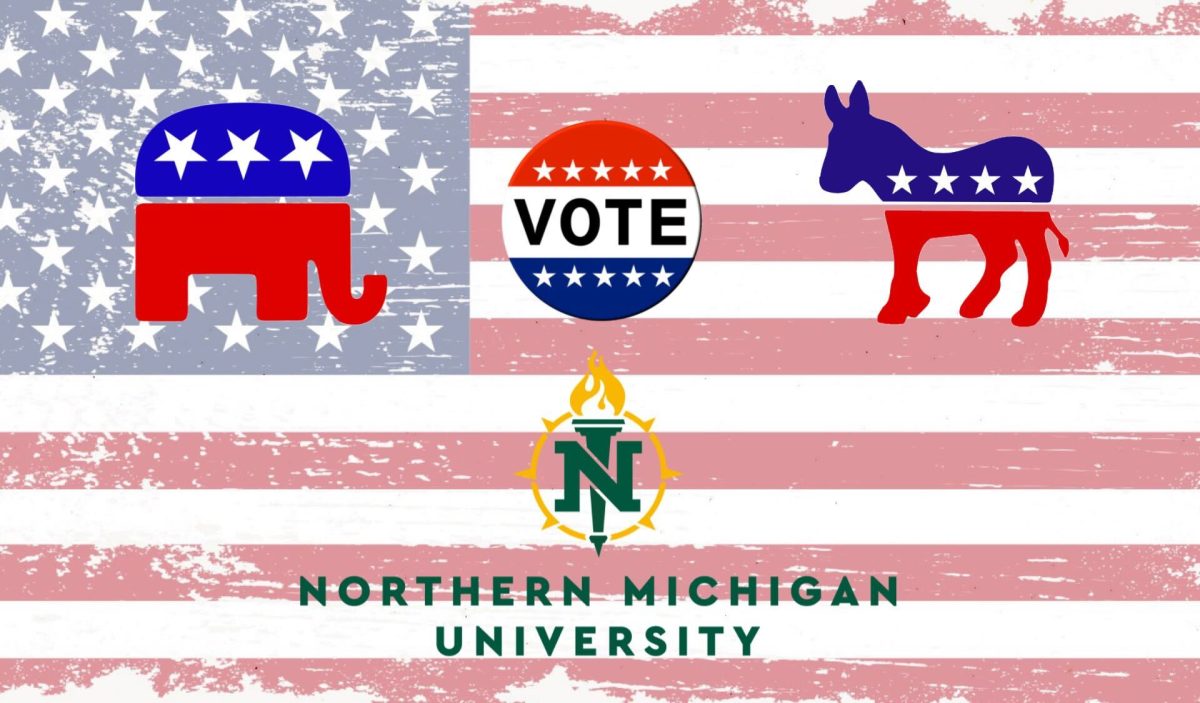I have had a somewhat convoluted college experience. I took community college classes and I’ve attended classes at another 4-year university other than NMU while in pursuit of a bachelor’s degree. These three institutions varied in a lot of ways: student population, location and diversity. But, I had one glaring commonality in my experience at both universities: I have had a huge issue with getting my credits to transfer in.
I am not unique in my experiences; transferring between institutions is fairly common. According to Inside Higher Ed, one in three students will change colleges during their academic careers. Universities should be more accommodating toward these students.
I’m aware that there are a lot of factors that go into why certain credits don’t make the cut for certain schools. Reasons like insufficient grades on the student’s part or classes just not applying to the student’s major are completely reasonable and understandable. It’s when credits are turned away because the receiving university is picky about the title of the class, or when a class curriculum doesn’t match up exactly, that’s where things get frustrating.
On average, for every 10 credits a transfer student has, four of those will not be accepted, according to Inside Higher Ed.
I personally struggled with this as a college freshman. I went to a high school that didn’t offer AP classes. The school instead pushed students to enroll in classes at the local community college while also taking high school classes.
My advisor assured me that it was a great opportunity to knock out some general education classes before going to a four-year school after graduation.
Maybe I was a little naive to believe that was all really going to be that easy in the fall, but I was not prepared for none of my credits to be accepted at the university that I was planning on attending.
I had to retake courses and set my graduation date farther back than I had planned. But I was definitely naive when I wrote that experience off as a fluke, and then went through the same thing again when I came to NMU.
I don’t blame the schools personally, and I understand where NMU and comparable universities are coming from; they want to send to students out into the workforce well-rounded, and these institutions expect this to look a certain way on a transcript. However, I think universities get so caught up in what the book says that they forget about the intentions behind the rules and why they were put there in the first place. I have taken three 100-level English classes, one at every institution that I’ve attended. This is not because of bad grades, this is due to the colleges not coming to a general consensus on what an entry-level English class curriculum should look like, and it is ludicrous.
If NMU’s intention is to make sure I’m going to leave with a wide base of general knowledge, it seems counter-intuitive to retake courses or take lower-level courses just because they fit an arbitrary graduation requirement.
It’s an ineffective use of my time, my money, university resources and taxpayer’s money. This current practice is costly on a federal level. According to the Washington Post, over 70% of undergraduate students receive some amount of federal financial aid. Public university classes should be regulated by the government to ease the process of transferring credits from one institution to another.
This would be a relatively small and easy change at a systemic level to lower the cost of college for many students and reallocate federal money to something more productive—like to other students in need.
With student debt being such a hot button political issue in today’s climate, it’s time that public universities standardize general education requirements across the board.
























